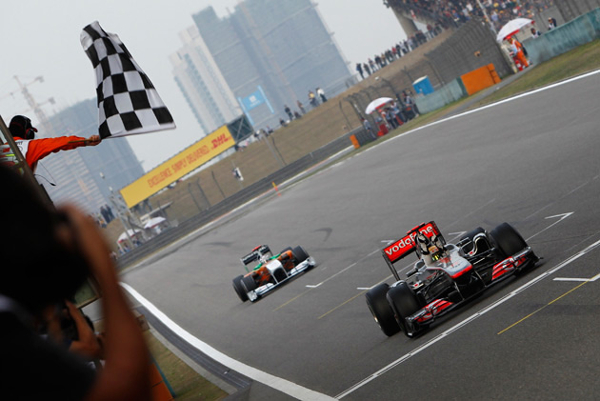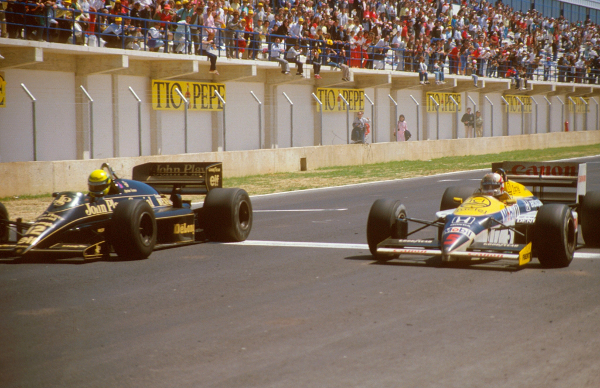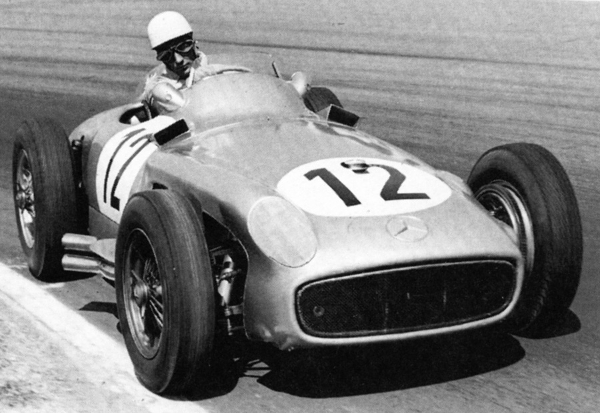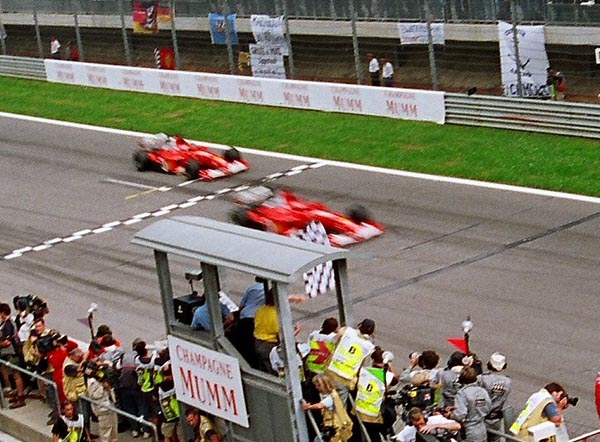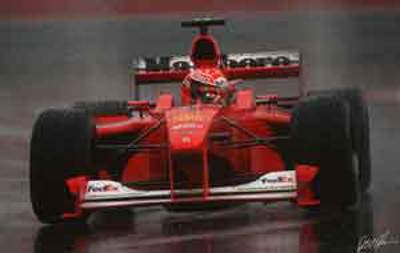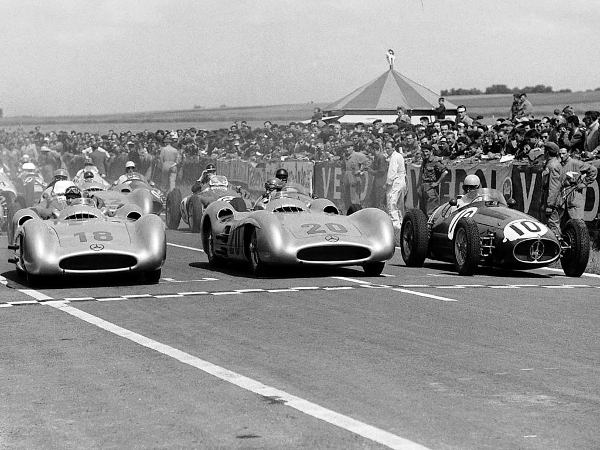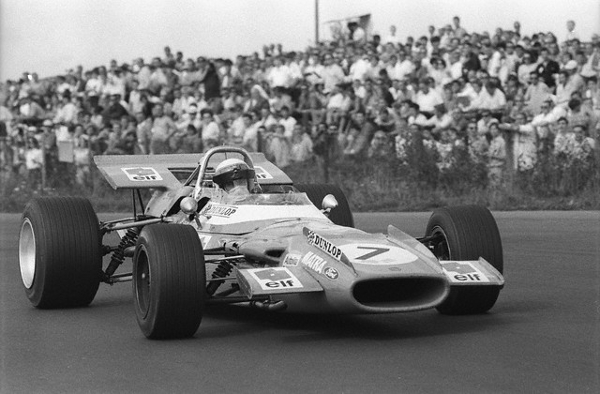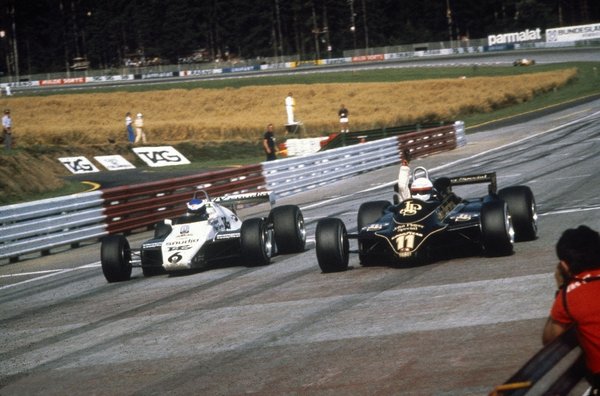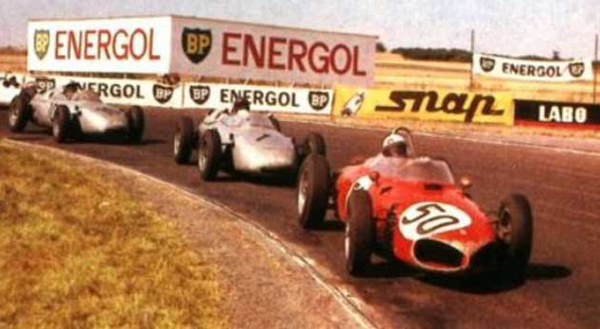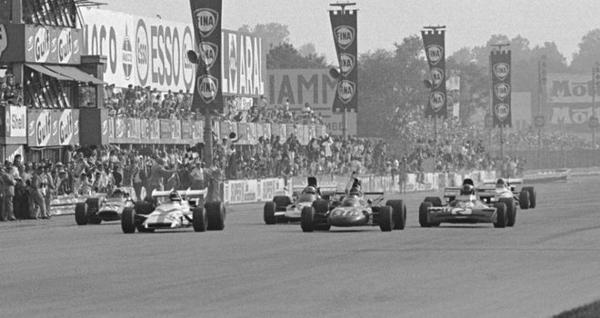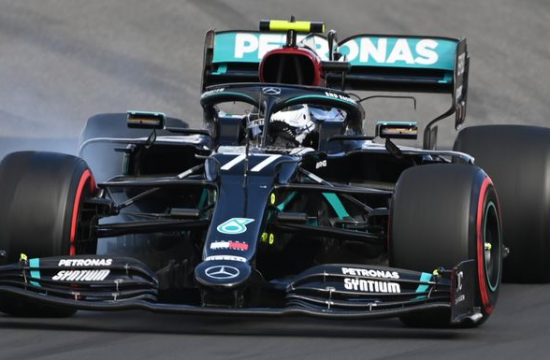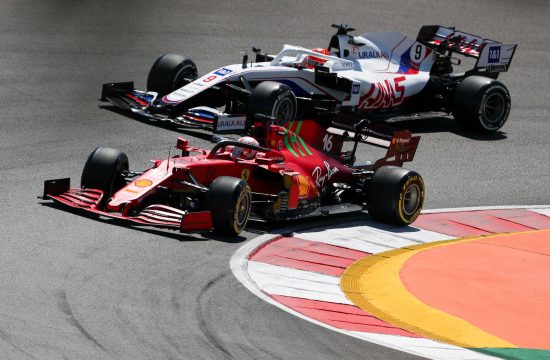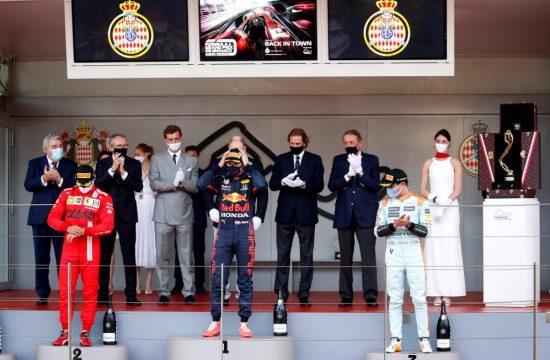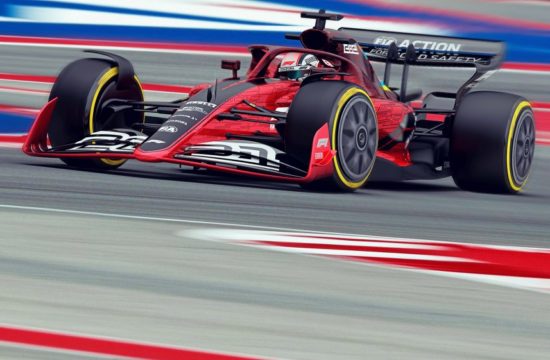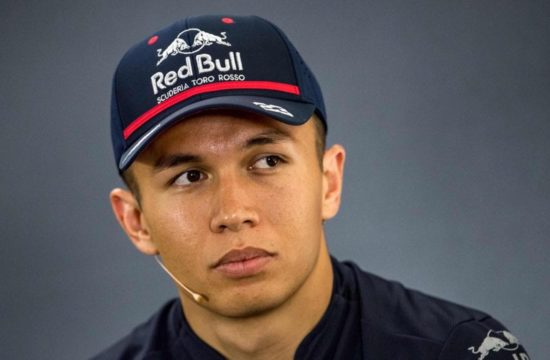Almost each Formula One age had one or two pilots that dominated the competition. And like any competition, everyone loves a tight finish, which Formula One has provided throughout its history. Situations when a thousandth of a second made the difference between being and not being a winner. So here are the tightest race finishes, moments that will stay in history forever.
1986 Spain Grand Prix, 0.014 seconds
Everyone thought Ayrton Senna would have no problems winning the race when, with only 10 laps to go, he was 19 seconds ahead of Nigel Mansell. However, the British took advantage of his fresh rubbers and by the last lap he managed to catch up with Senna. Clearly slower, the Brazilian aggressively defended his position and won the race by just 0.014 seconds. Mansell praised Senna’s defense and joked about the race finish, saying both drivers should get 7 and a half points.
2002 United States Grand Prix, 0.011 seconds
A few months after the notorious Austrian race, Michael Schumacher and Rubens Barrichello were again the main “actors” in a Formula One, but this time the roles were switched. The official story says that Schumacher wanted to finish the race side by side with Barichello, but the Brazilian made an error and slightly overtook the German. However, everyone believes that Schumacher let Barichello win to make up for the Austrian episode. The German was already world champion and this is considered the tightest finish in Formula One history.
1955 British Grand Prix, 0.200 seconds
Starting the race from pole position, Stirling Moss lost the leadership in the first lap to his teammate, Juan Manuel Fangio. The British driver managed to get back in first place on the third lap, but the two finished the race “nose by nose”, with Moss winning the race by just 0.200 seconds. During those times, Formula One timers only used tenth of a second, so the official result was 0.2 seconds.
2002 Austrian Grand Prix, 0.182 seconds
The race that took place in Spielberg, Austria, more than a decade ago, will probably be remembered as one of Formula One’s ugliest moments, with the entire race being “directed” by Ferrari team orders. Barichello, who was leading the race, was asked by Ferrari to slow down and let Schumacher pass several laps before the finish. But the way he chose to do that, by slowing down only on the last lap, made Ferrari face a wave of criticism for destroying the Formula One spirit. Schumacher won by just 0.182 seconds, making this one of the tightest Formula One finished. This race was also one of the main cause team orders were banned until 2011 when they were reintroduced.
2000 Canadian Grand Prix, 0.174 seconds
This was another episode of the Schumacher and Barichello sage (the first one actually). Schumacher was comfortably leading the race, but a problem with his cars allowed Barichello to catch up with him. However, team orders didn’t allow the Brazilian to overtake Schumacher and he finished just 0.174 seconds behind the German.
1954 French Grand Prix, 0.100 seconds
In 1954, Juan Manuel Fangio and Karl Kling fought for the lead until the finish line on the Reims-Gueux track. Team orders again interfered and Fangio was the one to win the race, by just 0.100 seconds, consolidating his first place in the drivers’ championship. The same with the 1955 British GP, the exact time gap isn’t known, because timers only used tenth of a second.
1969 Italian Grand Prix, 0.080 seconds
Even though it doesn’t count as the tightest finishes in Formula One, the 1969 Monza race held the record for two years for the race with the smallest time gap between first place and fourth place, with the four drivers offering an incredible finish to the race. In a time when Formula One clocks only showed hundreds of a second, the gap between the winner, Jackie Stewart and fourth place, Bruce McLaren was just 0.19 seconds. Driving a Matra Ford, Stewart beat second place, Lotus driver Jochen Rindt by just 0.08 seconds.
1982 Austrian Grand Prix, 0.050 seconds
The 1982 Spielberg race will always be known as the last race won by a Lotus car build by the famous Colin Chapman, who threw his cap in the air after the race for the last time. However, victory went to Elio de Angelis, but it didn’t come easy at all. The Italian started the race in seventh place, but managed to become leader. In second place was Keke Rosberg who managed to put pressure on the Italian, causing him to make a mistake, on the last lap. Fortunately for de Angelis, he managed to defend his lead on the last corner and won the race by just 0.050 seconds
1961 French Grand Prix, 0.100 seconds
Seven years after Juan Manuel Fangio won by just 0.100 seconds in front of Karl Kling on the same French track, Giancarlo Baghetti won by the same time gap after a spectacular duel with Dan Gurney. With just 11 laps to go, the Italian took the lead, but before the last lap, the two switched positions four times. On the last lap, Baghetti overtook Gurney and won by just 0.100 seconds, also becoming the third driver to win his maiden race.
1971 Italian Grand Prix, 0.010 seconds
Nobody thought things could get more dramatic than the 1969 French Grand Prix finish, but two years later, on the same track, the time gap between first place (Peter Gethin) and fourth place was just 0.18 seconds. What’s even more fascinating about this finish is that the gap between the first two places was 0.1 seconds (Formula One timers only recorded tenth of a second), so we’ll never know if this finish was tighter than the one in 2002 at the United States Grand Prix.

